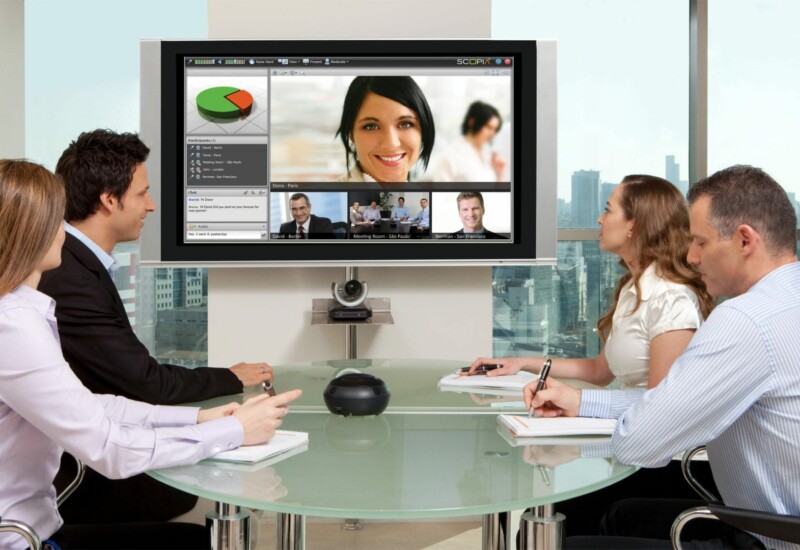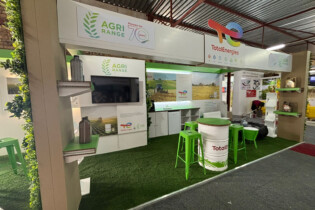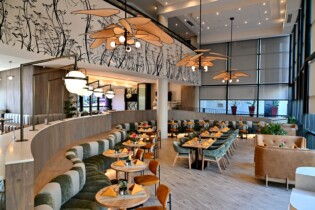From accreditation to technology advancements, AIPC president Geoff Donaghy shares with SA Conference his insights into what convention centres will be faced with in 2014.
Do you think standards and accreditation are important for centres today?
What benefits does accreditation provide? Yes, for the simple reason that it gives owners, clients and the centre itself the confidence that a particular facility is addressing all the key areas of facility management. This is not a matter of creating uniformity – diversity is a big and important part of the centre experience – but rather that policies and procedures are in place to address all the key areas that make up the experience. The exact benefits depend on the audience. For owners, many of whom are governments with little experience in the industry, it provides an independent measure of how a centre compares with others and creates some comfort that their investment is being well managed. For clients, it gives assurance that their needs will be met in a consistent and efficient way. For the centres themselves, it can be a form of benchmarking, which is often a challenge given the wide variety of conditions and circumstances centres operate under.
What standards programme does AIPC offer members?
The AIPC Quality Standards programme is a process-oriented set of management and operations criteria that specifically address all aspects of the centre operating, ownership, management and community interface, and participating centres are audited for the extent to which they comply with and/or exceed the criteria set out for each category. A centre must meet or exceed the required minimums in a number of areas to achieve accreditation. This is audited by an outside business process consultant on behalf of AIPC.. Along with the Quality Standards program, AIPC also maintains standards and tools to support consistency in areas like economic impact calculation and provides a way for centres to get feedback from clients through the detailed surveys that form a part of the AIPC Apex Award.
Does technology development continue to be a factor?
It does, in three areas: first, the use of on-site technologies to facilitate more efficient operations such as registration, distribution of support materials and event updates; second, the ability to enhance sessions through devices that enable greater audience participation and more sophisticated presentations; and third, delegate interactive elements like social media and locating devices for participants. The latter is very interesting because when properly used, it can extend the life of the meeting considerably pre- and post-event as well as enable participants to interact more effectively with like-minded delegates and create special-interest groups that can plan in advance, follow up long after the event and even create sub-components at the event itself.
Do you see a trend towards live-conferences as a substitute to the participation at the congress?
The greatest impact we have seen so far is the expansion of an event’s “reach” via what are referred to as “hybrid events” or a combination of a live, on-site component with elements that are also accessible on line from other locations. So far, these have been seen as largely positive because they expand the total audience and can even generate future live event attendance because what remote participants see encourages them to want to participate in person the next time.
Are environmental/sustainability concerns still a big factor for centres and their clients?
Sustainability is now a reality in the industry and not so much a topic of debate, because it is taken for granted. Convention centres are far ahead in this regard because they have always had a number of different groups to satisfy; clients as well as owners – often governments – and communities want to see greater attention to environmental standards. One of our recent surveys showed that extensive environmental policies and programmes are now in place at well over 90% of member centres worldwide, and this means it is easier for clients to access what they need for greening their meetings.
What other issues are out there that you see gaining in importance?
With finances tight all around, I think the biggest pre-occupation everyone has today is how to make the financial equation work better for all concerned. Many organisers have less in the way of resources and need additional value as well as more on-site help. On the other hand, centres – particularly those owned by governments – are less able to absorb the additional costs and/or reduce rental and service rates. Everyone needs to work together on greater value and efficiency as well as to be prepared to look at new ways to share risks and rewards if the industry is to be able to continue to deliver what the delegates want and the participating organisations need.







